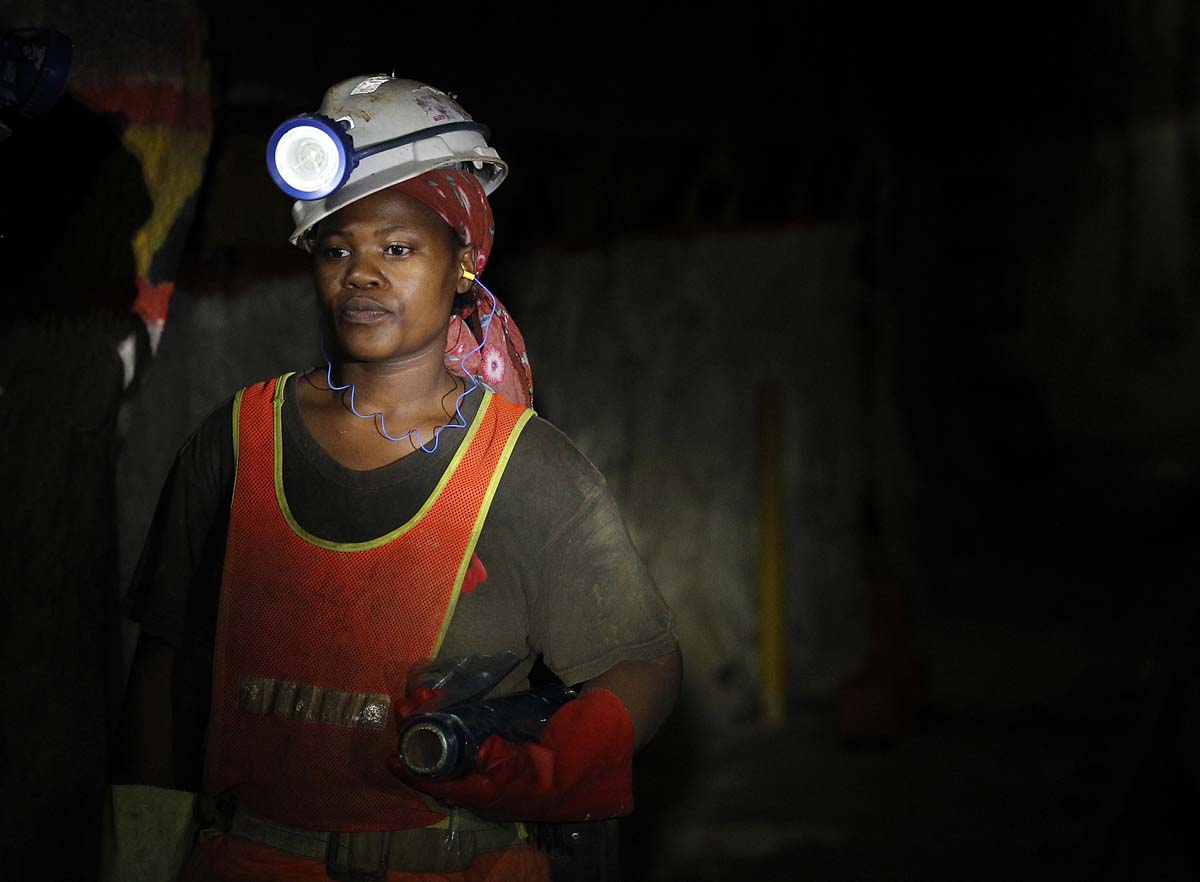
An Australia-based Zimbabwean mining expert Ian Ncube has encouraged women to tap into the mining industry saying it has unlimited opportunities for them.
MTHANDAZO NYONI OWN CORRESPONDENT
Giving a motivational talk at the Zimbabwe School of Mines in Bulawayo, Ncube, a director at the Australia-based Meridian Technical Services, said it was high time women dismantled stereotypes that mining was for men.
“Zimbabwe is the richest country in the world in terms of untapped mineral resources per capita as shown by the present coal bed and methane gas which is mostly found in Matabeleland for instance,” he said.
“We are encouraging women to join the mining industry because it has got a lot of potential opportunities. It is going to be strong in the country in the near future
“I would like to congratulate Zimbabwe School of Mines because I heard that 25% of its total enrolment is women. This is encouraging because in countries such as Australia there are very few women in the mining industry.”
Ncube, a Zimbabwe School of Mines graduate, encouraged students to work hard and become Zimbabwe’s ambassadors.
He said they should be involved in their local communities.
- Chamisa under fire over US$120K donation
- Mavhunga puts DeMbare into Chibuku quarterfinals
- Pension funds bet on Cabora Bassa oilfields
- Councils defy govt fire tender directive
Keep Reading
Ncube said local mining schools should think globally.
The Zimbabwe School of Mines has introduced programmes such as Gender Initiative Project in making efforts to introduce more women in mining through training-based affirmative action. The ratio of women students at the institution has risen to 25% since the programme was launched in 2009.
In 2011, 300 mining claim rights were issued to women miners from Guruve for gold claims with a total of 2 000 hectares.
Ncube’s call comes at a time when Zimbabwe’s mining ministry led by Walter Chidhakwa is still trying to regain its international status after most mines were closed in 2011 for various reasons including lack of finance, dilapidated equipment and low international prices.










